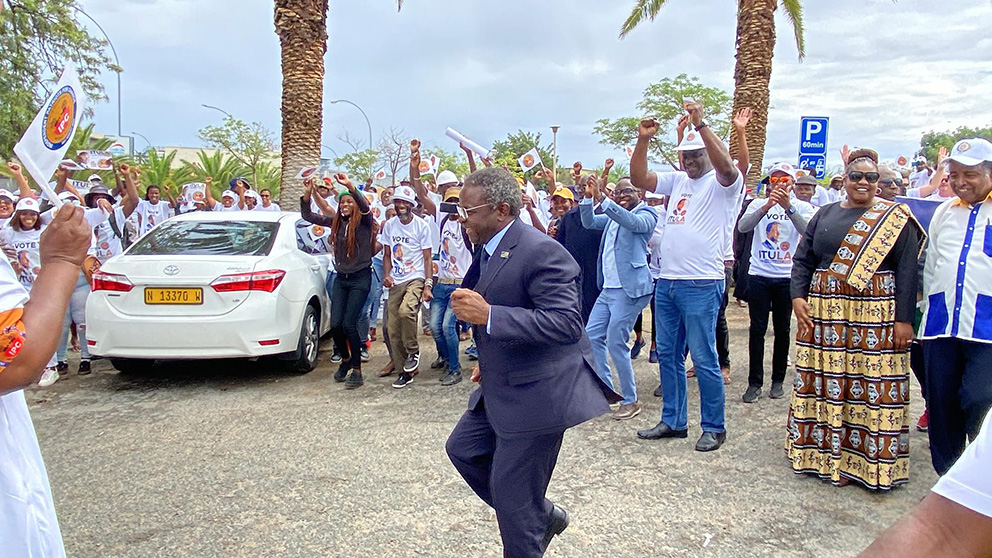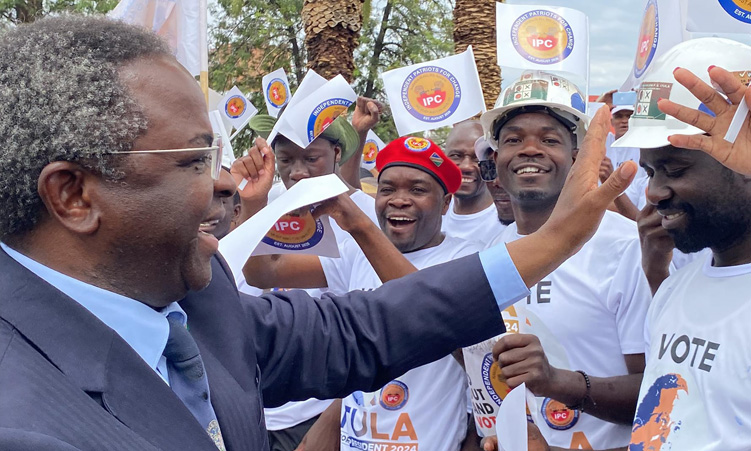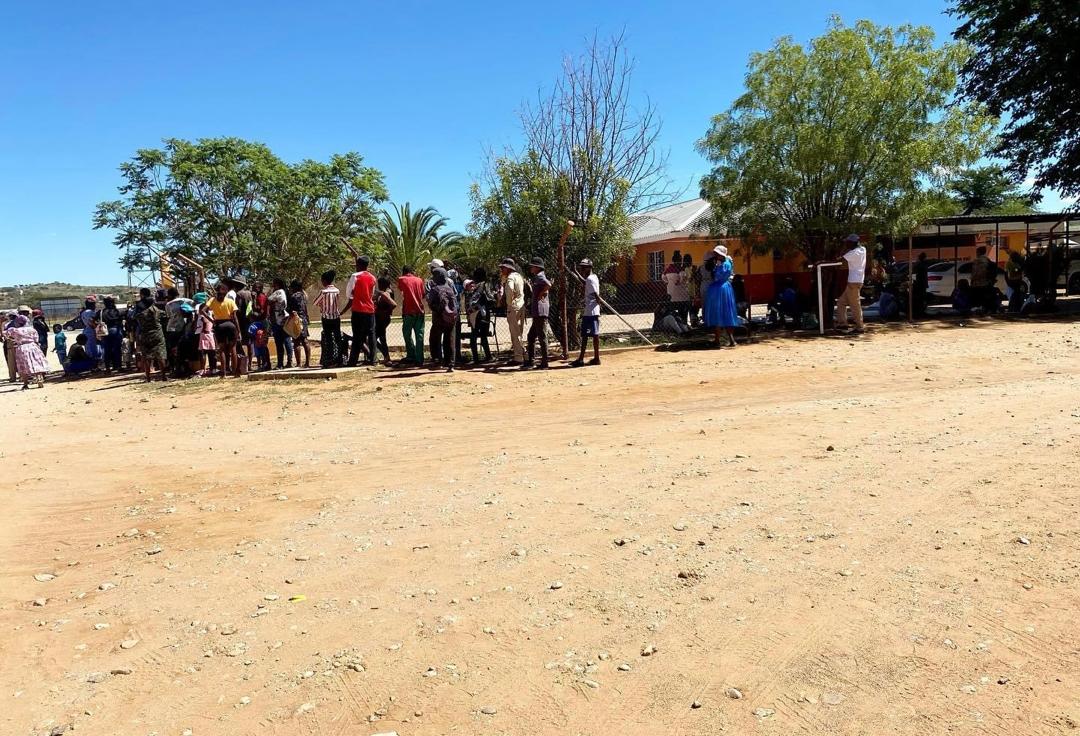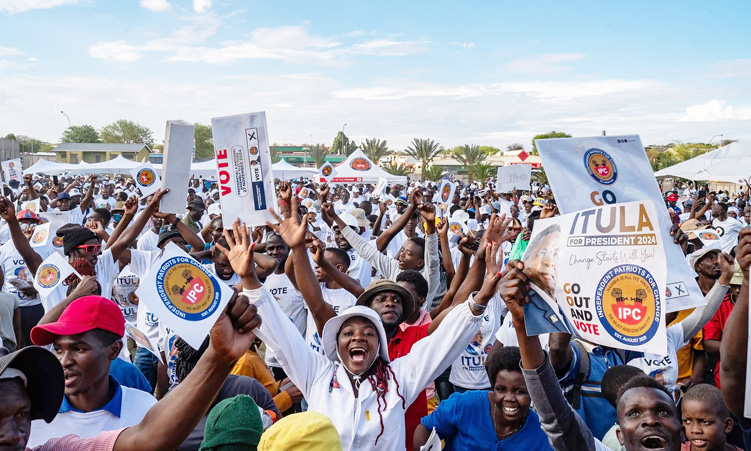…Willing to work with ‘clean’ individuals from other parties
Independent Patriots for Change (IPC) leader Panduleni Itula says he is open to creating a Cabinet with individuals from other political parties if IPC wins the upcoming National Assembly elections.
Speaking at the party’s ‘Go out and Vote’ campaign event on Saturday at Walvis Bay, Itula said he will form a government built on merit and integrity, rather than political exclusivity.
“We are not going to have a parliament or a Cabinet purely of IPC (members).
IPC does not possess all the people that have what it takes to govern this country.
We will look in every political party, provided you are clean, provided you are not associated with corruption, provided you are not associated with tribalism, and provided you have Namibia at heart,” Itula said.
Itula said those appointed must be prepared to work hard and be committed to meritocracy and patriotism.
“We will look into every political party … provided you are prepared to work hard, provided you are prepared to get a salary and go and buy your own car – we will give you no cars in our government – provided you are going to appoint people [based on merit], provided you, first of all, are patriotic enough to understand that to build this country we have to work together as Namibians to make sure we can go forward,” he said.
Political analyst Henning Melber says while it is unlikely, it remains possible that Itula could become Namibia’s next president.
“It might be an unlikely but possible scenario that Itula will be the next elected head of state. In this case, it is as likely that the National Assembly might retain a significant number of Swapo members of parliament (MPs) and also have several more parties,” Melber said.
He suggests that an absolute parliamentary majority for the IPC is not possible, making collaboration between a non-Swapo president and Swapo MPs essential.
“Having said this, a new non-Swapo president would, whether he likes it or not, have to rely on support from other parties and their MPs. Itula only stresses a realistically pragmatic point of departure if he indeed would be the next elected president,” Melber says.
He adds that inter-party collaboration could also strengthen democracy and promote good governance.

“He (Itula) would not be able to use the far-reaching executive powers [of the Presidency] if he could not secure the support of a majority of MPs.
More interesting than his approach is the question, if in such a hypothetical constellation Swapo would be willing to cooperate with the non-Swapo president,” Melber says.
He cautions that if Swapo refuses to cooperate with a non-Swapo president, it could lead to governance paralysis.
“This might provide an opportunity to strengthen democracy based on inter-party collaboration in the interest of best governance.
If not, there would be the risk of paralysing and sabotaging governance, ending in permanent blockage,” Melber says.
Political analyst Ndumba Kamwanyah says Itula’s proposal is progressive because it shows a willingness to break from the usual practice of appointing only one’s own party members to top government roles.
“This could promote unity and bring diverse skills into government, showing a commitment to putting the country’s needs first over party loyalty,” he says.
Kamwanyah says having capable people from different backgrounds could strengthen decision-making and governance.
However, he says some challenges might arise in terms of loyalty and trust.
“Members from different parties may struggle to work together smoothly or may prioritise their party’s interests over national ones.
Also, different parties have different goals, which could lead to disagreements and slow down decision-making,” Kamwanyah says.

Stay informed with The Namibian – your source for credible journalism. Get in-depth reporting and opinions for
only N$85 a month. Invest in journalism, invest in democracy –
Subscribe Now!





